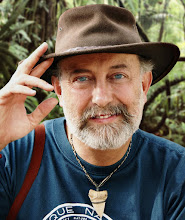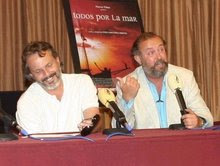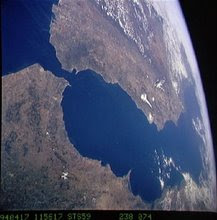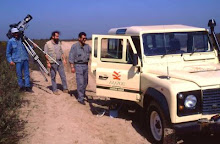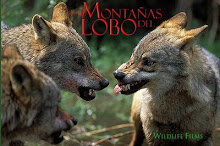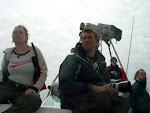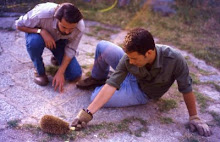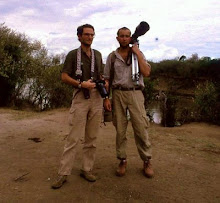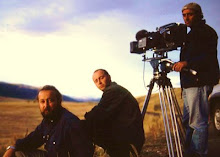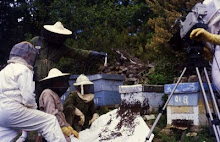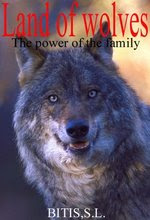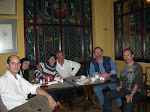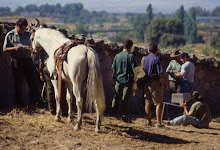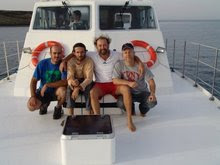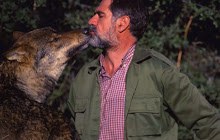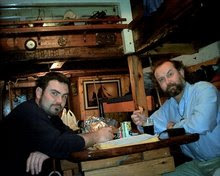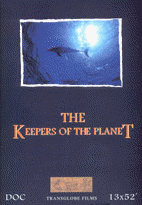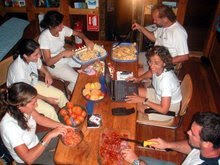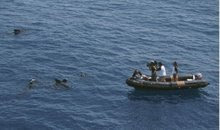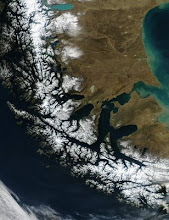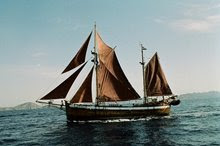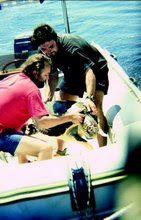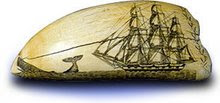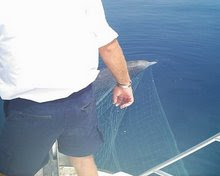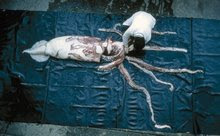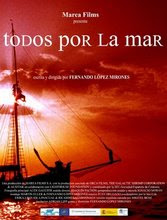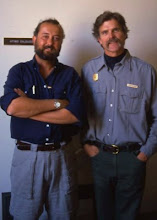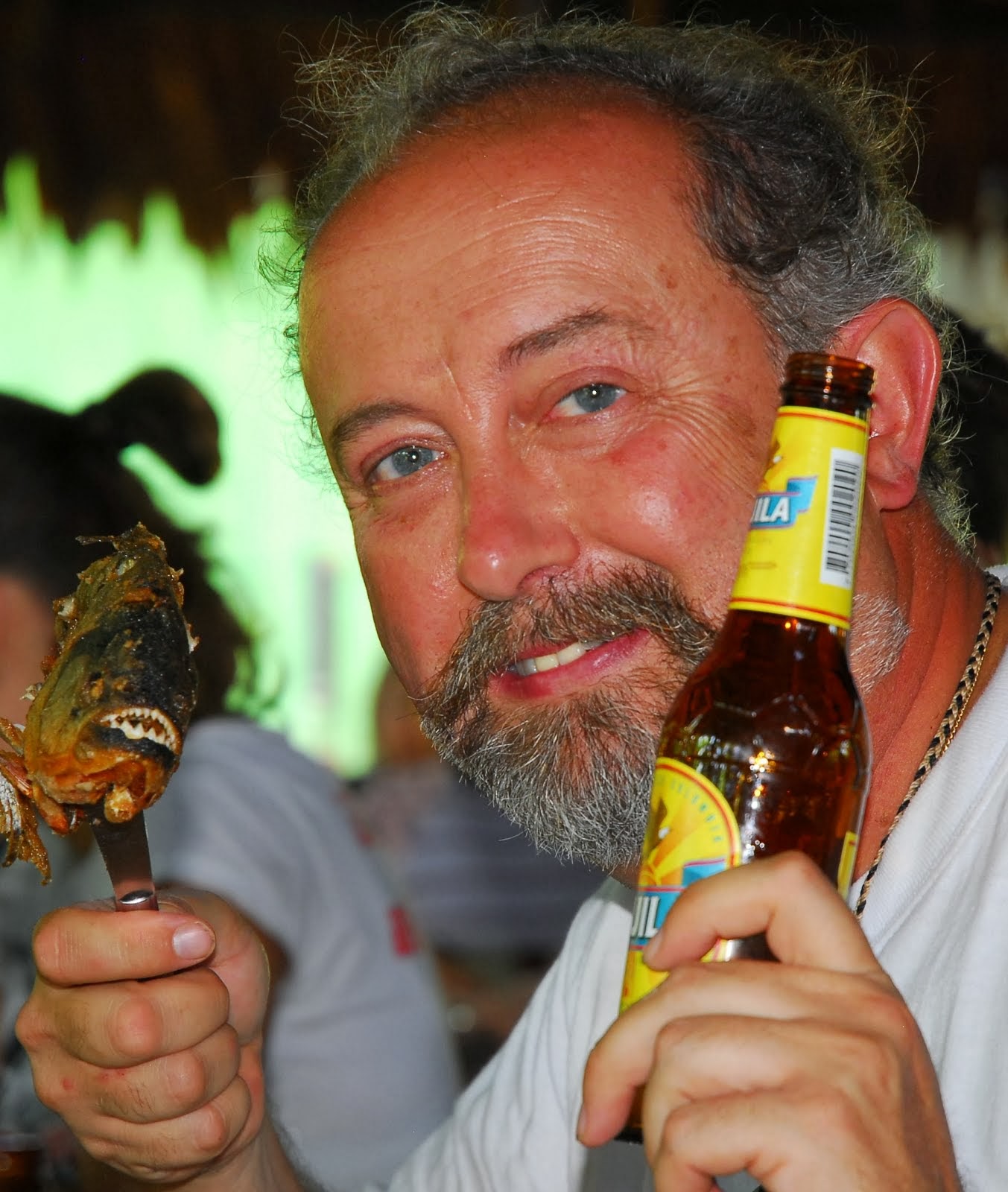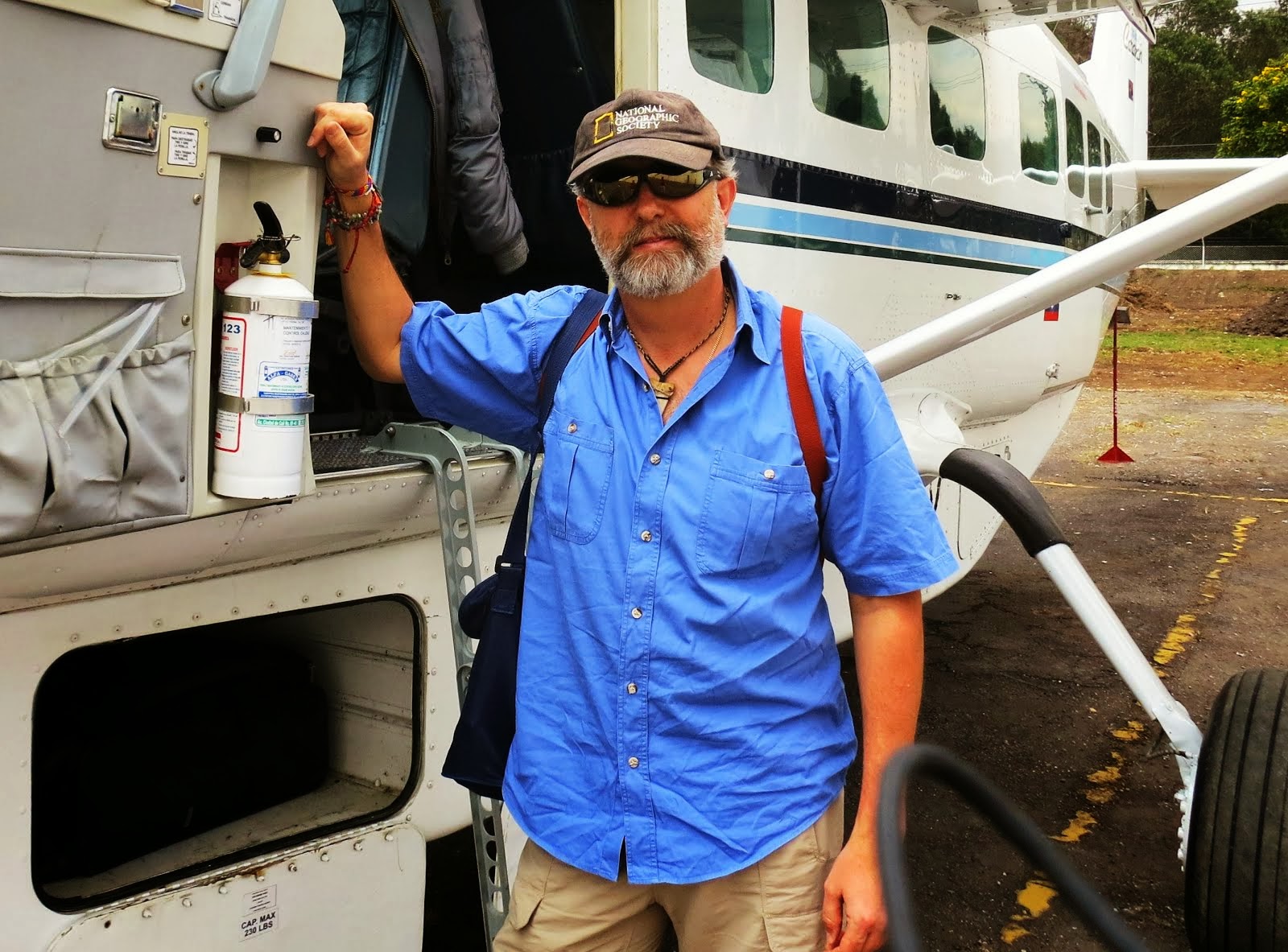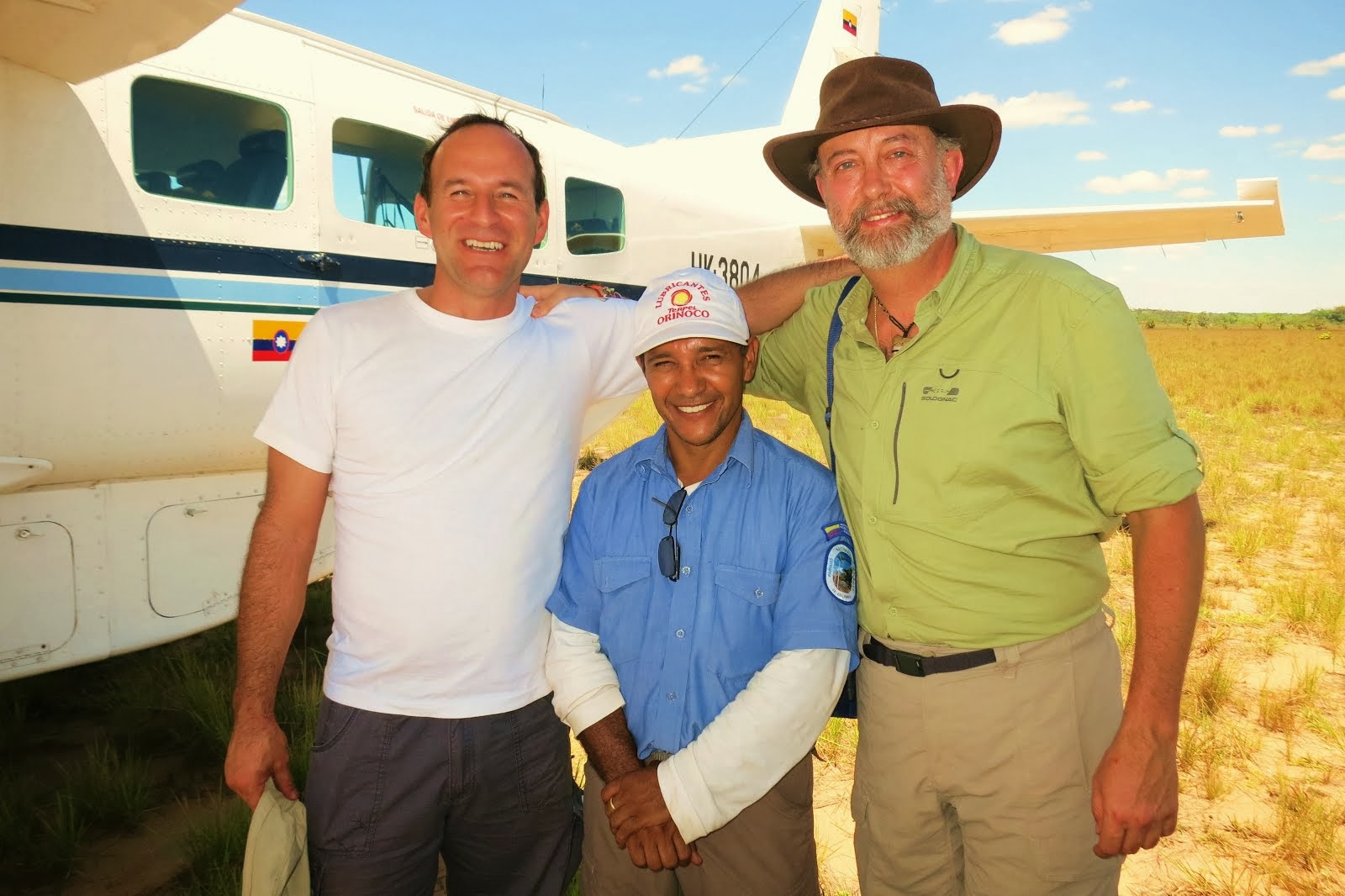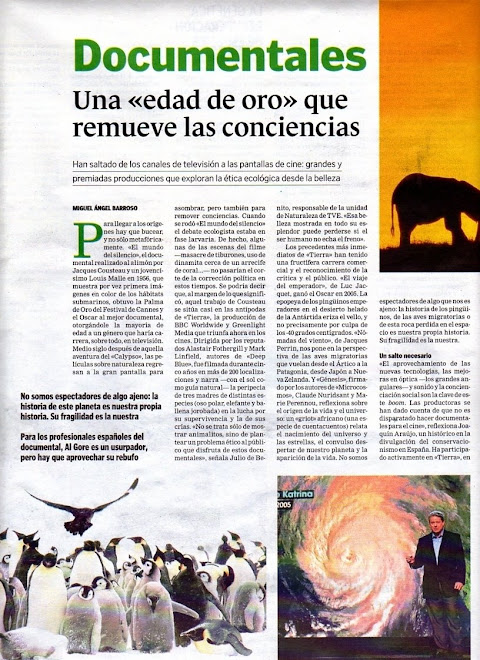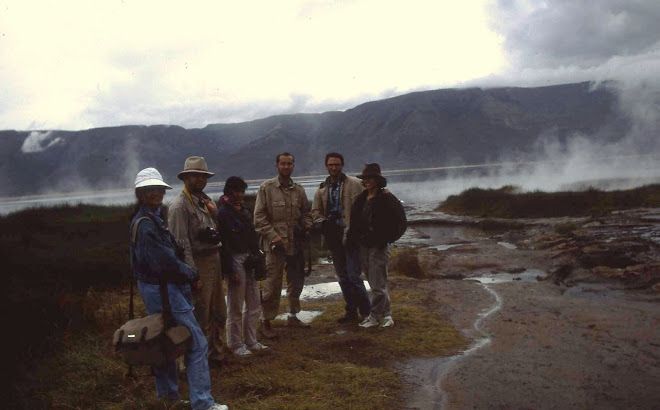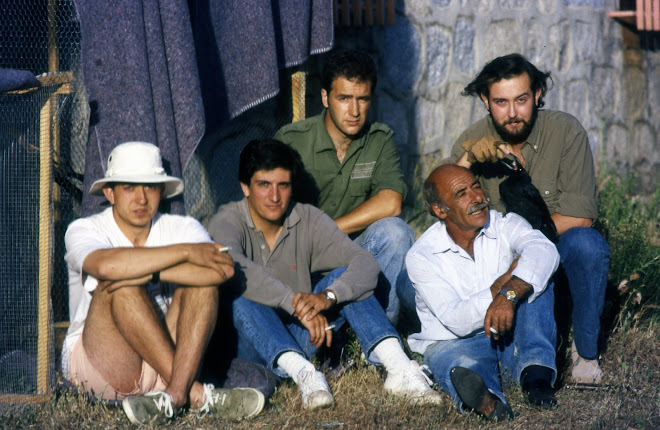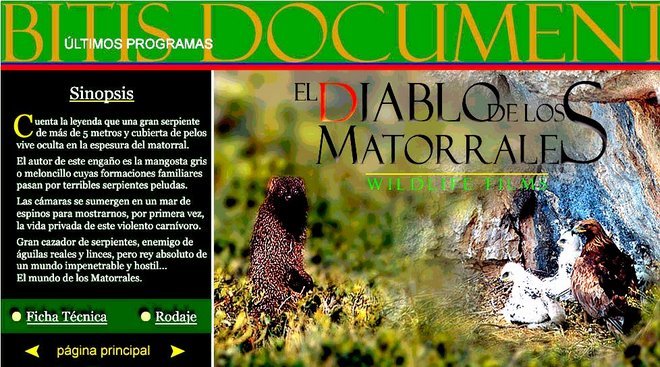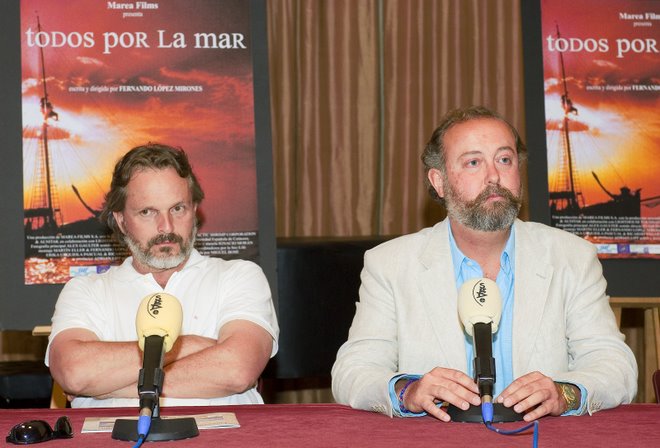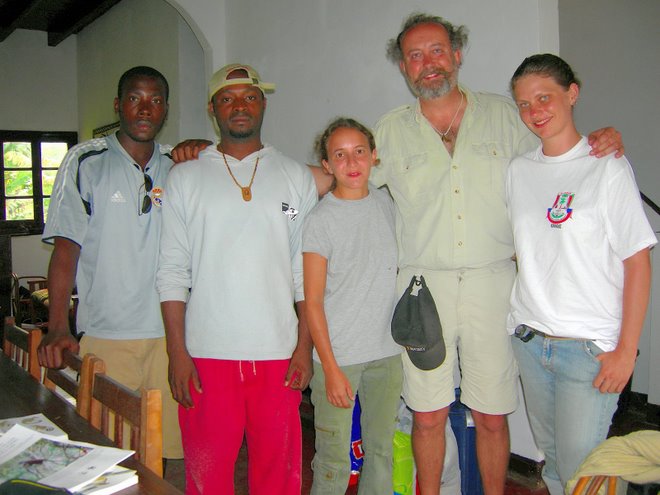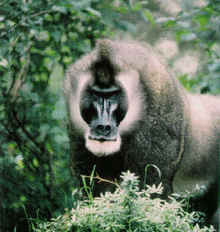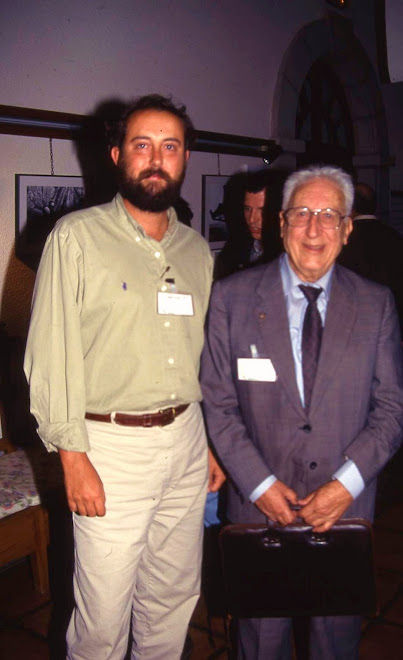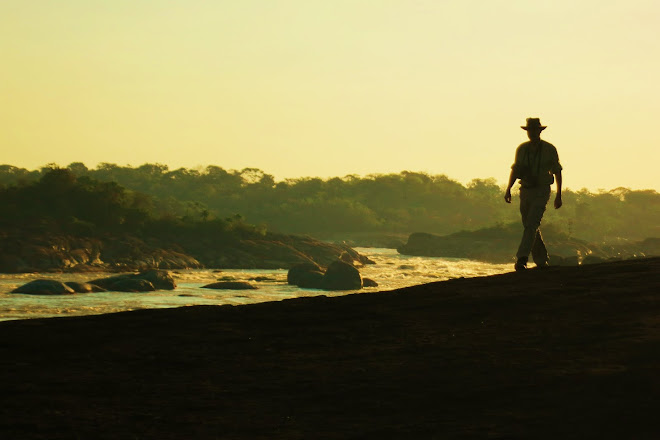domingo, 23 de noviembre de 2014
lunes, 17 de noviembre de 2014
jueves, 13 de noviembre de 2014
López-Mirones aboga por transmitir emociones en documentales de naturaleza
ARTÍCULO EN EL DIARIO LA VANGUARDIA.
López-Mirones aboga por transmitir emociones en documentales de naturaleza
López-Mirones aboga por transmitir emociones en documentales de naturaleza
sábado, 8 de noviembre de 2014
LA ISLA DE LOS SUEÑOS ROTOS. The BROKEN DREAMS ISLAND. EQUATORIAL GUINEA
 |
| Ruinas de una antigua casa española en la Isla de Bioko |
Hay un lugar en África que ha permanecido como un secreto para la mayoría del mundo, incluso para los propios europeos que lo exploraron.
Guinea Ecuatorial es un país escondido en la sombra del Monte Camerún, donde las selvas de niebla aún albergan los sueños de los viajeros muertos.
Guinea Ecuatorial es un país escondido en la sombra del Monte Camerún, donde las selvas de niebla aún albergan los sueños de los viajeros muertos.
Esta es la casa de una familia española que compartió paisaje con los gorilas hace solo ochenta años. Su salón ha sido recuperado por la selva, que reclamó su espacio como un cáncer de clorofila.
En la habitación de los niños copulan las serpientes, la cocina donde hervía el caldo gallego es el refugio de una civeta.
En la habitación de los niños copulan las serpientes, la cocina donde hervía el caldo gallego es el refugio de una civeta.
La Isla de Bioko, antigua Fernando Poo, tiene el espíritu de Blixen y Conrad pero en español. Iradier y otros exploradores españoles, con sus salacots también inventados por compatriotas en las plantaciones de café de las Islas Filipinas, dejaron sus vidas abriendo veredas cuando el precio de la aventura era muy caro.
Arthur J. Riopelle, wrote in 1967 in the National Geographic Magazine:
"It is early morning, deep in the jungle of Rio Muni, Spanish Equatorial Guinea. Fog drifts through a tiny clearing, obscuring thatched roofs and plots of bananas and cofee. Benito, a farmer of Fang tribe, has killed the marauder, for his livelihood is at stake. Now Benito points in astonishment at a small creature clinging to the fallen gorilla, head buried in the long black hair.
"Nfumu, ngi!" he exclaims.
White! Gorilla!
Word of this remarcable event - the discovery in october 1 of 1966 of the only white gorilla known to science, Copito de Nieve".
Arthur J. Riopelle, wrote in 1967 in the National Geographic Magazine:
"It is early morning, deep in the jungle of Rio Muni, Spanish Equatorial Guinea. Fog drifts through a tiny clearing, obscuring thatched roofs and plots of bananas and cofee. Benito, a farmer of Fang tribe, has killed the marauder, for his livelihood is at stake. Now Benito points in astonishment at a small creature clinging to the fallen gorilla, head buried in the long black hair.
"Nfumu, ngi!" he exclaims.
White! Gorilla!
Word of this remarcable event - the discovery in october 1 of 1966 of the only white gorilla known to science, Copito de Nieve".
 |
| Naturaleza e historias humanas conviven en Guinea Ecuatorial |
El 2 de junio de 1873, el sobrevalorado explorador Henry Morton Stanley tuvo una entrevista en Vitoria, España, con el viajero español Manuel Iradier, convenciéndole para que explorara las desconocidas tierras de Fernando Poo.
Desde entonces estas selvas maravillosas fueron una provincia española de pleno derecho, no una colonia como hacían otros países de Europa, España nunca tuvo colonias, sino territorios igualitarios.
Un viejo escudo de armas lo demuestra. Presidido por la gran ceiba, el árbol más noble de Guinea, los símbolos de las casas ibéricas se llevan bien, como siempre fue.
 |
| Un viejo escudo que une lo africano y lo español. Una ceiba rodeada de blasones de Castilla, León, Navarra y Aragón. |
Estuve largo rato pensando en lo que estas balaustradas habrían contemplado. Tal vez el amor secreto de la hija adolescente del dueño con un joven bubi, o el beso de una madre a su hijo que partía a estudiar a Salamanca. Imagino a ese hombre fumando su pipa al atardecer añorando el otoño de Navarra con un vaso de orujo.
Ya no queda casi nada de eso, el musgo ha crecido sobre el mármol de Orense y los azulejos de Granada, pero el silencio trae algo que huele a magdalenas, cacao y sueños rotos.
Ya no queda casi nada de eso, el musgo ha crecido sobre el mármol de Orense y los azulejos de Granada, pero el silencio trae algo que huele a magdalenas, cacao y sueños rotos.
Un aullido.Fernando López-Mirones
viernes, 7 de noviembre de 2014
SCREENING of the wildlife film GUADALQUIVIR and MASTERCLASS of FERNANDO MIRONES in FICMA Barcelona

This is the third consecutive year that the University of Barcelona is one of the venues of the Environmental International Film Festival (FiCMA), the longest running environmental film festival in the world that celebrates its 21st edition. Under the title “FICMA, feel it", the festival offers an extensive programme that includes the best environmental films produced during the last year: more than eighty fiction films and documentaries dealing with topical issues are screened at several places around the city of Barcelona.

From 10 to 12 November, the faculties of Biology and Geology of UB host some of the activities organised within the festival: four films of the Short Documentaries Official Section are screened and Fernando López Mirones, a prestigious documentalist and biologist, gives a master class.
Screenings
and master class given by Fernando López-Mirones
On 10 and 11 November, screenings take place at
the Aula de Graus of the Faculty of Biology (645, Avinguda de la Diagonal, Barcelona). Sessions are
introduced by members of the Biodiversity
Research Institute of the UB(IRBio); film producers participate in all of them.
On Wednesday 12 November, a special
session happens at the Aula Magna of the Faculty
of Geology (Carrer
de Martí i Franquès, Barcelona). It is presented by Àlex Aguilar, director of
the IRBio and professor from the Department of Animal Biology of UB. At 4 p.m., Guadalquivir (Wanda Films), is screened. It is the first nature film
which was completely shot in Spain. The film, nominated as best documentary on
the latest edition of the Goya Awards, shows the existing life next to the
Guadalquivir river when it runs through Cazorla, Sierra Morena and Doñana, and
the landscape of these three amazing places during different year's seasons.

The prestigious documentalist Fernando López-Mirones gives a master class at the Faculty of Geology.
Later, at 5.30 p.m., the Spanish documentalist Fernando Lopez-Mirones gives a MasterClass about the former project, in which he worked as scriptwriter. He received the medal conferred by the Writers Circle on the Best Documentary Film. Fernando Lopez-Mirones is a prestigious filmmaker and biologist has written and he has directed more than 120 documentaries, such as the first productions of the National Geographic Television and BBC Natural History Unit and Terra Mater Factual Studios shot in Spain and internationally awarded.

The Goya Award nominee Guadalquivir is one of the documentaries that will be screened.
For further information please visit the website of FiCMA.
Suscribirse a:
Entradas (Atom)




